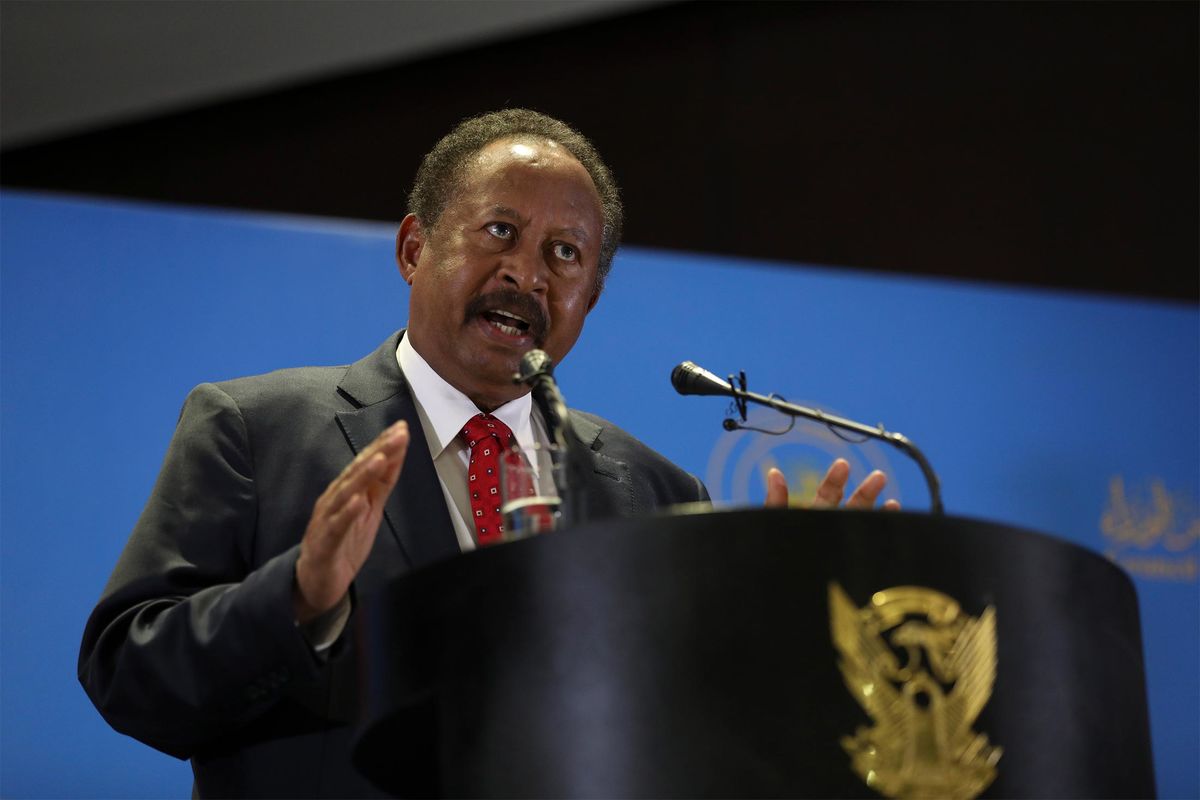Across embattled Sudan, hundreds of thousands of people stridently conveyed their message on Sunday to mark the third anniversary of a popular uprising that swept long-serving President Omar al-Bashir out of power. Demonstrators waved banners condemning a recent political deal between Prime Minister Abdalla Hamdok and the military. That change of guard hasn’t really impressed hoipolloi; as in many other countries it can only satisfy the stakeholders.
“No negotiations”, “No partnership” and “No to military rule” were among the banners waved by protesters in Khartoum, the Sudanese capital. It is pretty obvious that it was a robust protest against the change of guard in a swathe of Africa and the role of the military in effecting that change.
Advertisement
“We are protesting today to recall the great days of the revolution and bring down the military rule,” cried a protester at a rally near the presidential palace in Khartoum. It was a double-edged caveat to the present dispensation ~ against the deal per se and the seemingly convenient tie-up with the army. With scarcely any change in the quality of life of the populace, there is today a groundswell of opposition to the coup on its third anniversary. The 24 October coup had led to street protests, almost relentless. Since then, however, Sudan has followed a fragile path towards democracy; the country has been ruled by a joint military-civilian government.
Video footage circulated online purported to show protesters marching on the streets of Khartoum and its twin city of Omdurman, waving the Sudanese flag and white ones with printed images of those killed in the uprising and the attendant protests. Protesters were barred from approaching the presidential palace on the bank of the Blue Nile in the heart of Khartoum and the military headquarters. Palpable has been Sudan’s struggle for democracy.
The equation between the military and the transitional government in Khartoum has been ad hoc at best and fragile at worst. Hamdok, ousted by the generals on October 25, has been shaky. He was of course reinstated last month under international pressure against a deal that envisages an independent technocratic Cabinet under the military, albeit helmed by Hamdok.
Talks are in progress on a new political charter that seeks to establish a broader consensus among all political forces and movements. Addressing Sudanese late on Sunday night, Hamdok warned that the country could slide further into chaos given the forbidding economic and security challenges. Sunday’s upsurge demonstrated that Sudan, on the third anniversary of the uprising, is floundering in search of its moorings.











